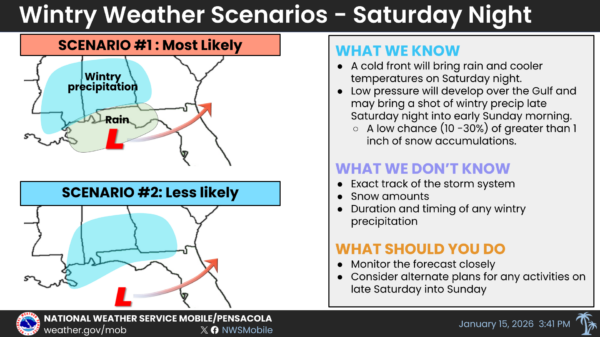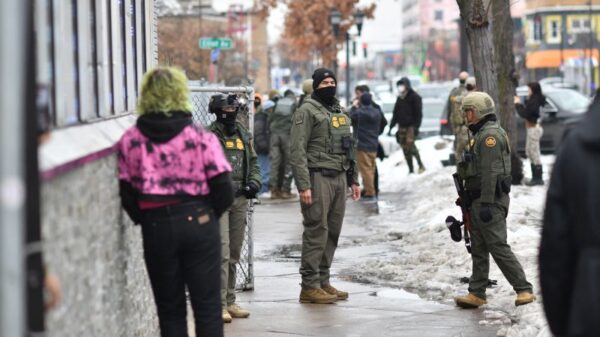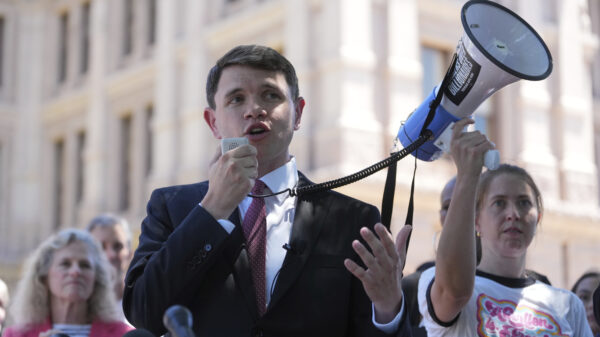BREAKING: The U.S. government has just announced a critical ceasefire proposal aimed at ending the ongoing conflict between Israel and Hamas in Gaza. This plan, supported by key leaders including Israeli Prime Minister Benjamin Netanyahu, outlines urgent steps for an immediate resolution, but significant uncertainties remain regarding its acceptance and implementation.
The proposal demands that Hamas release 48 hostages, both living and deceased, within 72 hours of the agreement. In exchange, Israel would free 250 Palestinian prisoners serving life sentences, along with 1,700 Gazan residents detained since the onset of the conflict. These terms highlight the immediate humanitarian implications of the plan, as it also promises increased food and medical aid into the beleaguered Gaza Strip, supported by the United Nations and Red Crescent.
This ceasefire plan represents the most serious attempt to end the hostilities thus far, receiving broad backing from Arab nations, including Qatar and Egypt. Notably, it has been endorsed by former British Prime Minister Tony Blair, who would lead a transitional governing body aimed at overseeing Gaza’s reconstruction. However, the plan’s success hinges on Hamas’s willingness to agree to disarmament and the dismantling of its military infrastructure.
Netanyahu is framing this proposal as a significant achievement for Israel, emphasizing that troops will remain in Gaza even after hostages are released. In a recent video message, he asserted that the proposal serves Israel’s security goals, allowing for a continued military presence without a defined timeline for troop withdrawal.
“This is an opportunity for a credible pathway to Palestinian self-determination,” Netanyahu stated, though he later clarified that there is no agreement for a Palestinian state as part of the deal.
While the plan outlines a path towards stability, Hamas faces immense pressure to accept terms that include disarming and relinquishing military control over Gaza. The organization has yet to issue an official response, although initial reactions from Hamas officials have been skeptical, with some labeling the provisions as closely aligned with Israeli interests.
It is crucial to note that if Hamas rejects this proposal, the consequences could be dire. U.S. officials, including former President Donald Trump, have indicated support for Israel to continue military operations if Hamas does not comply. The stakes are high, as both sides navigate a landscape fraught with political complexities, including Netanyahu’s reliance on far-right coalition partners who may resist any concessions.
As this story develops, the potential for a hostage-prisoner exchange remains a focal point. However, without substantial progress on the broader vision for Gaza, the ceasefire plan may falter. The international community is watching closely, as this could be a pivotal moment in the ongoing struggle for peace in the region.
Stay tuned for more updates on this urgent situation, as further developments are expected shortly. The implications of this proposal extend beyond mere politics, impacting the lives of millions caught in the crossfire.






































































